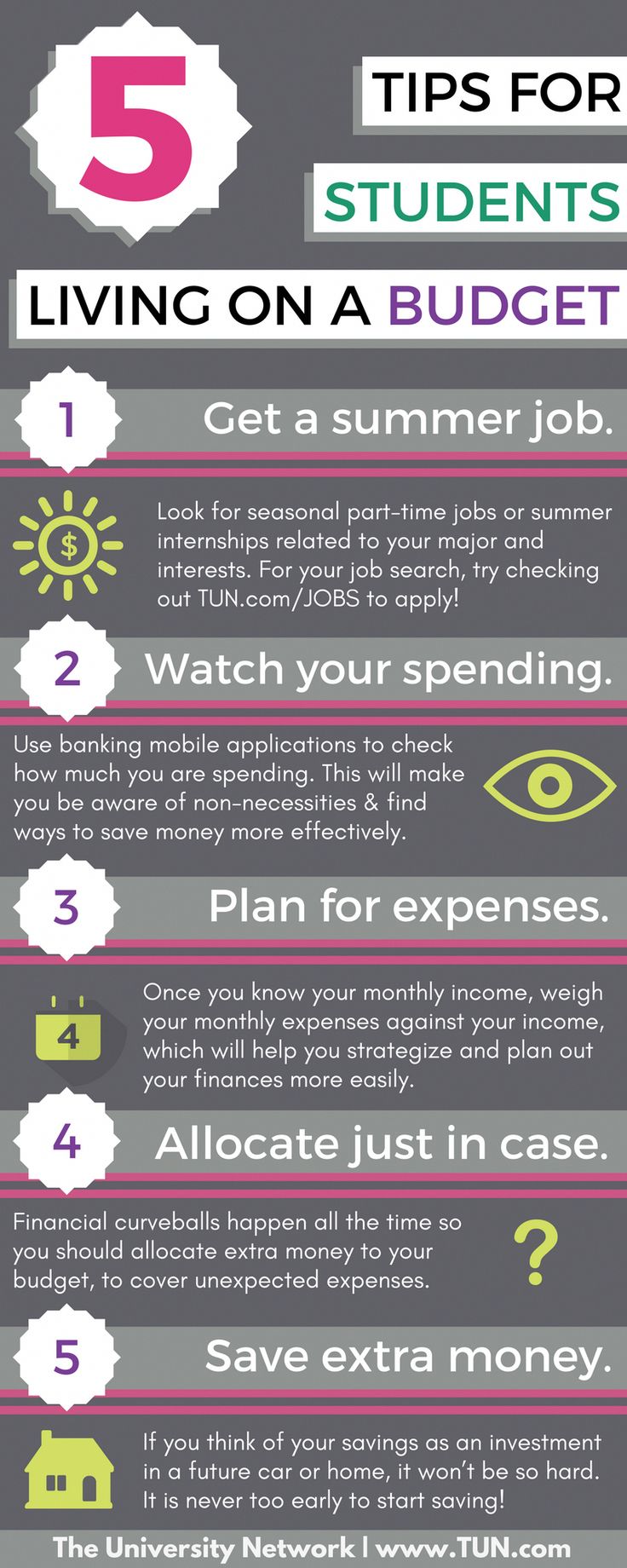

While you are studying, it’s essential to have a budget for your expenses. Knowing you have the money to pay for accommodation, bills, books and food is all part of the joy of growing up. Unfortunately, it can be hard to stick to a budget you have carefully planned. Here are some simple tips to help you keep your budget on track.
Look for Affordable Accommodation
By far your biggest expense when studying will be your accommodation. Look for suitable shared housing close to either transport or your place of study, as this cuts your travel costs and helps you split the living expenses. Alternatively, look for dedicated student living options, such as Iglu (student accommodation in Brisbane). This gives you affordable accommodation that includes your utilities, making it easier to budget.
Be Realistic with Expenses
When you first sit down to create a budget, it helps to overestimate your expenses. Budgeting only $5 a week for your internet usage is not going to help if your bill is more than $50 a month. It also means looking at your expenditure closely and seeing where you can afford to cut back. While it would be great to have the latest phone, gaming console and computer, it can be very expensive to continually upgrade to new technology. Living within your means is the only way to stay on top of your budget.
Plan Your Meals and Stick to Your Plan
When you are on a limited budget, dining is one of the many things that gets compromised. Creating a meal plan helps you to identify your food costs, as well as keeping you on track for the week. All those quick trips to the supermarket add up quickly and many people find it easy to blow their budget in one shop. Knowing you have meals for the next week means you won’t be as quick to pick-up takeaway either. Head to local markets to pick up fresh fruit and vegetables – they will often be much cheaper than stores.
Bank Wisely
As a student, many financial institutions can offer you accounts with low (or zero) transaction fees. You may be required to show your student ID card or provide proof that you are studying, but this step can save you from paying transaction fees and monthly account-keeping fees. Check with your bank if this is available. Banking wisely also means using your bank’s ATMs to avoid extra fees when drawing out cash and keeping an eye on the number of monthly transactions you carry out.
Look for Student Discounts and Take Advantage of Them
You have a limited window in which to use your student card for discounts, so take advantage of it! Many retail outlets, restaurants, cafes, bars and other stores actively promote discounts for students. Most cinemas offer discounted movie tickets, while some clothing shops also offer a percentage discount on particular days. The key here is using the discount on a purchase you would have made anyway – buying something simply because it has a discount won’t save you any money.
Working out the right budget for yourself can take a bit of fine tuning and altering. Don’t give up if it takes a few tries to get it right, and remember there are plenty of places to go for help.